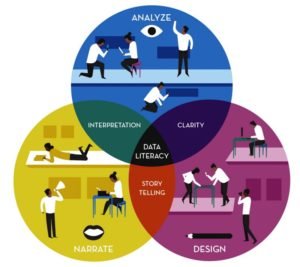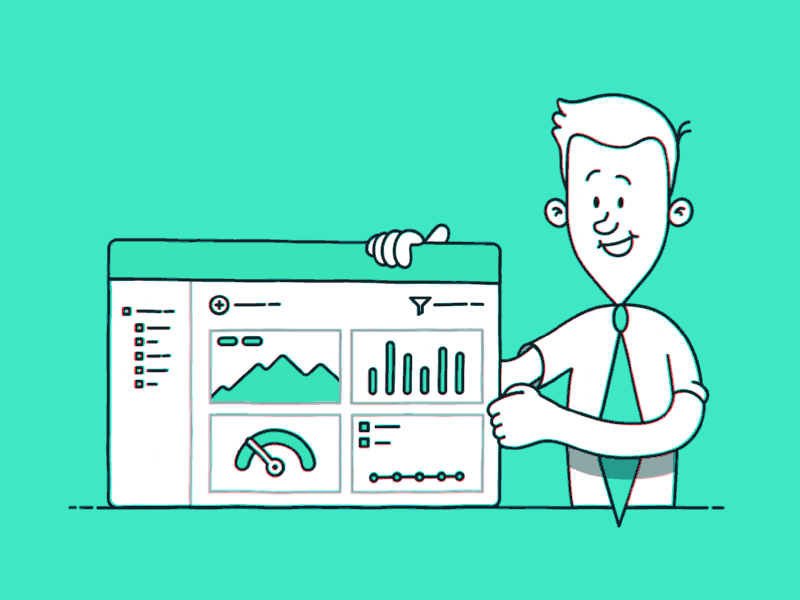The world is no stranger to data; in fact, in recent times, the world has found itself being bombarded by more facts and statistics than ever before. At quite the same speed, people have also been faced with fake facts, viral social media forwards with little to no truth.
Being data literate has moved from being a niche requirement to being a life skill that allows people to distinguish between fact and fiction. Data literacy is a way of exploring and understanding statistics in a manner that provides meaning and insight.
This meaning isn’t relegated only a data science career or to businesses looking for an edge over competitors. It applies to society and its interconnected systems as a whole.
To drive the point home, here are a few advantages that data literacy offers when looked at as a life skill:
Recognising the Sources of Data
Data is everywhere, especially in a world where nearly everything is digital and produces and consumes more data. There are many different ways in which data exists, including graphs, images, text, speech, video, audio and more. Recognising the different sources of data is the first step towards working with data. The sources, formats and types all have a role to play in determining the use (and potential misuse) of data, which in turn drives data literacy.
Acknowledging the Self as a Consumer and Producer of Data
The messages you send, images you post and likes you leave on social media are examples of data. So are the transactions you make and the searches you conduct on search engines such as Google and Bing. Today, nearly every single person in the world is a data producer; those sources of data are vital to value-generating processes across industries and markets.
Similarly, people are daily consumers of data even if they don’t perceive it as that. The COVID19 pandemic has brought this into the light even further– front page statistics are at the back of everyone’s mind, as are the names of containment zones and the best practices for sanitisation.
Recognize Biases and Fallacies
Data literacy gives the people more agency to call out those producing statistical data that is biased, twisted or outright incorrect. As citizens, consumers and valued members of a society, it is imperative that every individual is able to identify false promises or glossed-over issues that allow wrong-doers to continue as they were.
 Data literacy gives people the power and the evidential backing to call out those intentionally or unintentionally propagating mistruths and fallacies through awry statistics. This way, data literacy plays a pivotal part in politics, economics and ethics of a society, indeed of the world.
Data literacy gives people the power and the evidential backing to call out those intentionally or unintentionally propagating mistruths and fallacies through awry statistics. This way, data literacy plays a pivotal part in politics, economics and ethics of a society, indeed of the world.
Improves Data Storytelling
Instead of data points presented on their own, data that is presented as descriptive stories make individuals more likely to understand the effect, decipher trends and make more educated decisions. While data storytelling is imperative to learn for those taking a data science course, it is just as important for members of all other fields to better present their arguments such that they catch eyes.
Data has never been a strictly academic factor; however, it has often been painted as complicated, invasive or unnecessary to penetrate everyday lives. Data storytelling ensures that data is taken even further out of that box and presented as actionable insights to even the average Joe Bloggs.
Conclusion
The focus on data science and literacy shouldn’t just be restricted to mathematics and algorithms but everyday applications of data in daily lives. Data understanding allows people all over the world to take more control of what they’re producing and consuming. Data fluency and literacy is achievable by all.








